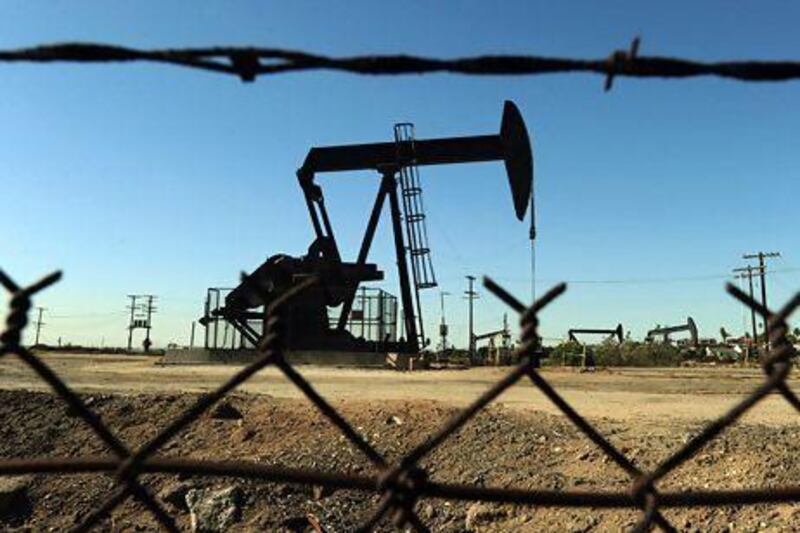Spare capacity from Opec is losing its power to keep prices in check, the world's energy watchdog has warned.
Opec's spare capacity, at 2 million barrels at the peak of summer, has plumped back to 4 million barrels per day (bpd) for the first time since 2011, said the International Energy Agency, which represents 28 developed nations. But benchmark North Sea Brent crude continues to trade at high prices, yesterday gaining slightly to US$118.71.
The decoupling of price from supply and demand is driven by perceived risk in Opec producers such as Algeria, where fighting from Mali spilled over into a raid on a natural gas plant, and Nigeria, where a long-time oil operator has reportedly pulled out its workers because of security concerns.
The balance of pumping power is also shifting westward as North America reaps the rewards of a new boom in drilling. Output from non-Opec producers is projected to rise by 1 million bpd this year, mostly from North America and Asia.
"Now a new wave of political unrest in Africa is clouding the outlook in a growing number of producers," the IEA wrote in its monthly market report. "The market is undergoing dramatic changes in the regional distribution of both supply and demand growth, even as part of the oil-exporting world is caught up in a social and political shift of potentially far-reaching consequences."
In sanctions-crippled Iran, oil exports may have dipped below 1 million bpd as Chinese and Korean buyers cut orders. Fresh sanctions from the United States this month targeting the repatriation of oil export earnings is expected to further squeeze output from a three-decade low of 2.65 million bpd last month, already down 50,000 bpd from the previous month.
Iran lost $40 billion (Dh146.91bn) in oil-export revenues last year, the IEA estimates.
The IEA and Opec, which released its market report on Tuesday, came together on predictions for annual oil demand growth. Opec notched up its forecast by 80,000 bpd to 840,000 bpd. The IEA came to the same number by trimming its prediction by 90,000 bpd to factor in the IMF's cut in global GDP growth projections.





